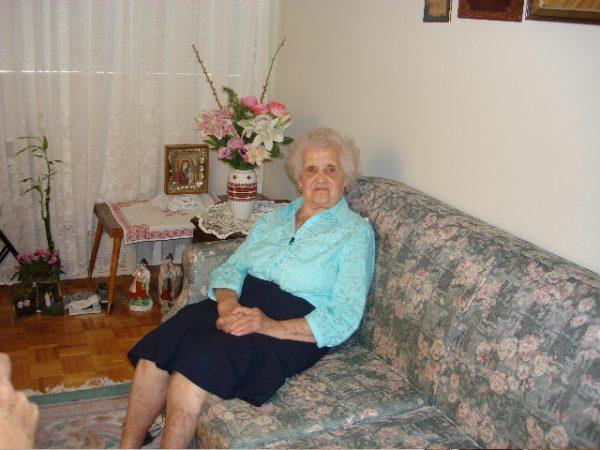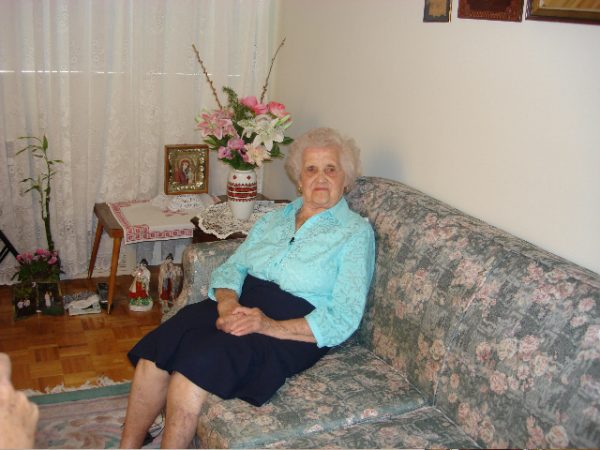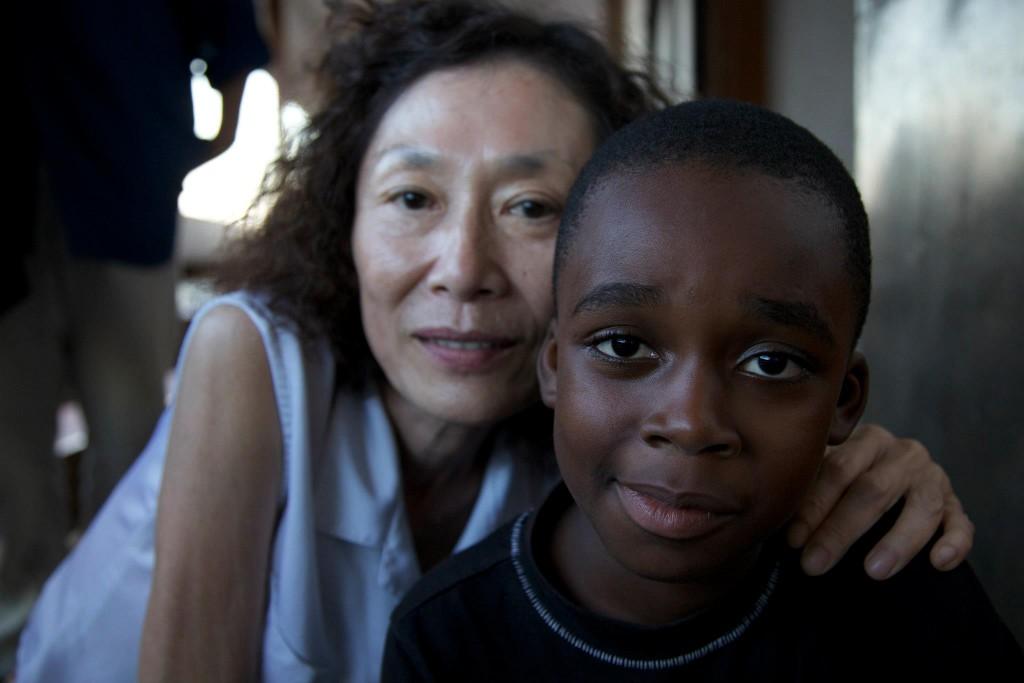TORONTO—Sometimes a tragedy is so deep it defines a generation, a hardship that marks a milestone in the existence of a people. Sometimes it’s almost forgotten and then someone calls out for the memory, demanding condolences be paid.
For Ukrainian Canadians, the Holodomor is that kind of event.
Valentina Kuryliw’s parents were among the lucky ones that survived. They led an ordinary life under extraordinary circumstances in eastern Ukraine during the 1930s.
Kuryliw’s mother, Nadia Menko-Mychajlowska, was born in Chernihiv, 120 km north east of Ukraine’s capital Kiev. Her father was from Kiev. When Soviet Union leader Joseph Stalin took over the land that’s presently known as eastern and central Ukraine, the aim was to wipe out Ukrainians using food, or rather starvation, as the weapon.
“Everything was taken away,” said Kuryliw.







